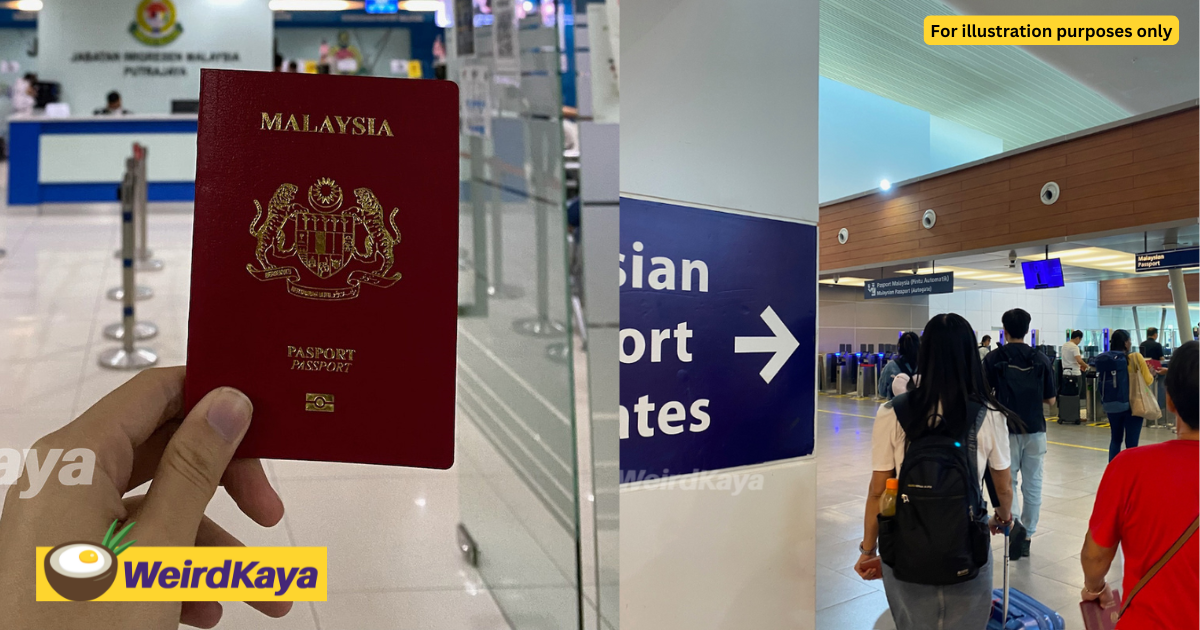If you’ve ever taken a closer look at your passport, you might have noticed a small gold camera-shaped logo on the cover.
While it may seem like just a design feature, this symbol has a specific meaning, it signifies that your passport is a biometric passport, also known as an electronic passport (ePassport).
But here’s something many don’t realise: Malaysia was the first country in the world to introduce this technology, setting the stage for a global shift in travel security.
A global first that started in Malaysia

The story begins in March 1998, when Malaysia made history by becoming the first nation to issue biometric passports.
This pioneering move was made possible through the efforts of IRIS Corporation, a homegrown company specialising in smart card and secure ID technology.
Their development laid the foundation for a more secure and efficient way to travel internationally.
So, what makes a passport ‘biometric’?
Unlike traditional passports, a biometric passport contains a microprocessor chip that stores key biometric data, usually a digital photograph, and in some cases, fingerprints or iris scans.
This chip is designed to help immigration authorities verify your identity more accurately and securely.
To enable this, the passport also contains:
- A contactless smart chip
- An embedded antenna for power and data transmission
- A secure section of the passport cover or page that holds the chip
Together, these elements allow for contactless communication with border control systems, speeding up the immigration process while improving security.
Malaysia’s lead sparked a global movement

Malaysia may have been the pioneer, but other countries quickly followed suit.
By the end of 2008, more than 60 countries had adopted biometric passports.
That number surged to over 150 countries by mid-2019, showing just how quickly the technology gained international traction.
The shift toward biometric passports isn’t just about going digital, it’s about making travel safer and more seamless.
These passports:
- Reduce identity fraud and forgery
- Allow for quicker border clearance, especially at e-gates
- Support international travel standards, thanks to guidelines set by the International Civil Aviation Organization (ICAO)
In short, they offer better security, efficiency, and global compatibility, a win for both travellers and immigration authorities.



